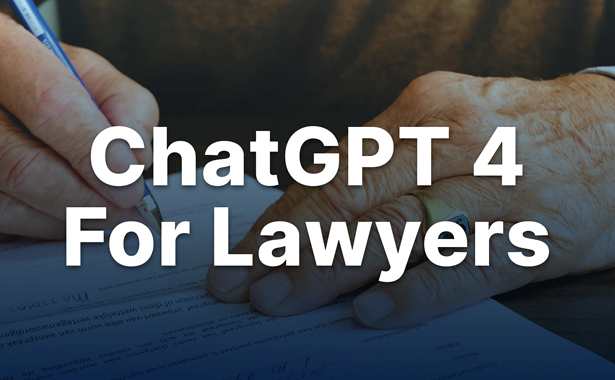Prosecution
Prosecution refers to the legal process in which charges are brought against an individual or an entity for an alleged violation of the law. The prosecution is usually led by government officials such as prosecutors or district attorneys who represent the state or the people. The primary objective of the prosecution is to establish the guilt of the accused beyond a reasonable doubt in a court of law.
The prosecution process involves several crucial elements, such as investigation, charging, arraignment, pretrial proceedings, trial, verdict, and sentencing. First, law enforcement agencies conduct an investigation to collect evidence and build a case against the accused. Once there is enough evidence, the prosecutor decides whether to file formal charges based on factors such as the strength of the evidence, public interest, and the legal merits of the case.
The accused is then brought to court, informed of the charges, and asked to enter a plea (guilty, not guilty, or no contest) in the arraignment phase. Both the prosecution and defense engage in discovery, present evidence, file motions, and prepare for trial during pretrial proceedings. Plea negotiations may also occur during this phase. If no plea agreement is reached, a trial takes place, where the prosecution presents its case by calling witnesses, introducing evidence, and making legal arguments to convince the judge or jury of the accused’s guilt. The judge or jury then determines the guilt or innocence of the accused in the verdict phase. If the accused is found guilty, a separate sentencing phase may follow to determine the appropriate punishment.
Throughout the process, the prosecution has the burden of proving the case beyond a reasonable doubt, which is a high standard. The accused has the right to legal representation, and the defense can challenge the evidence and arguments presented by the prosecution. The goal is to ensure a fair and just legal process for all parties involved.



